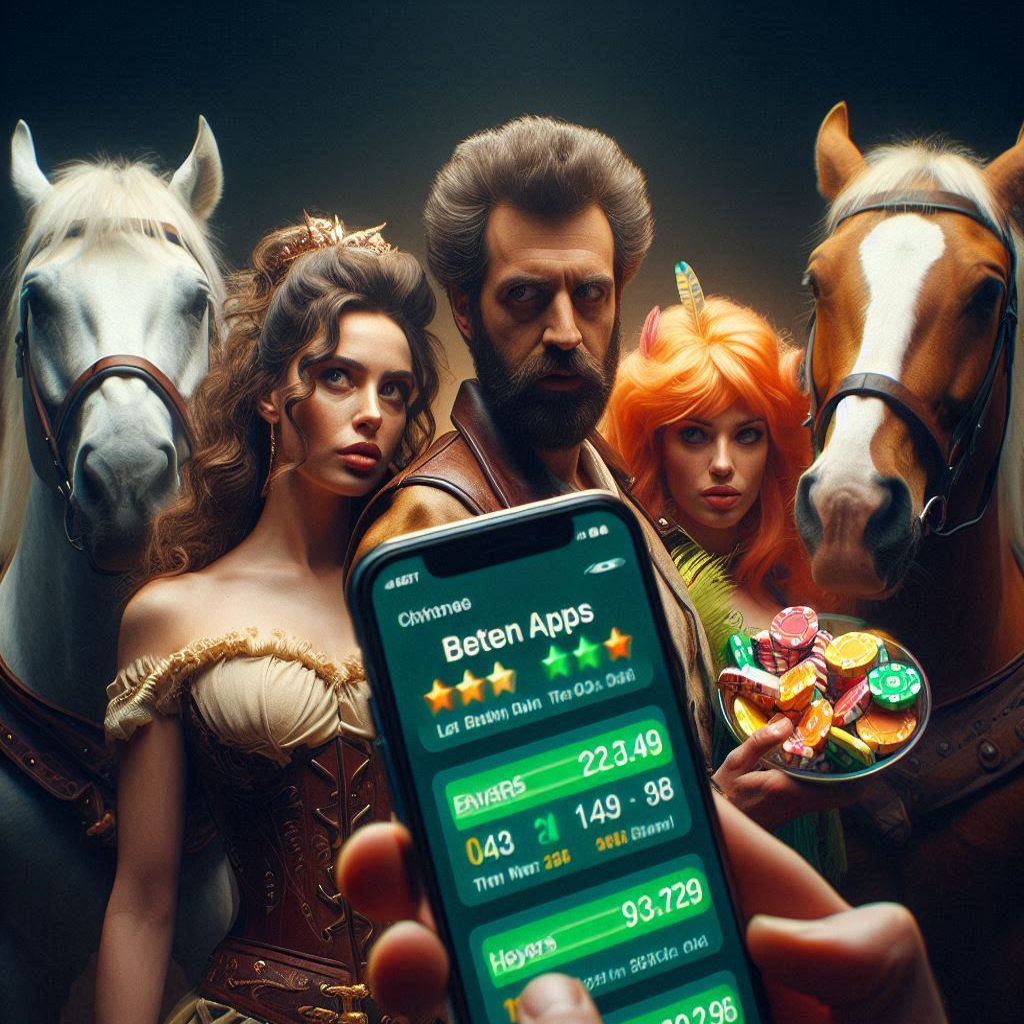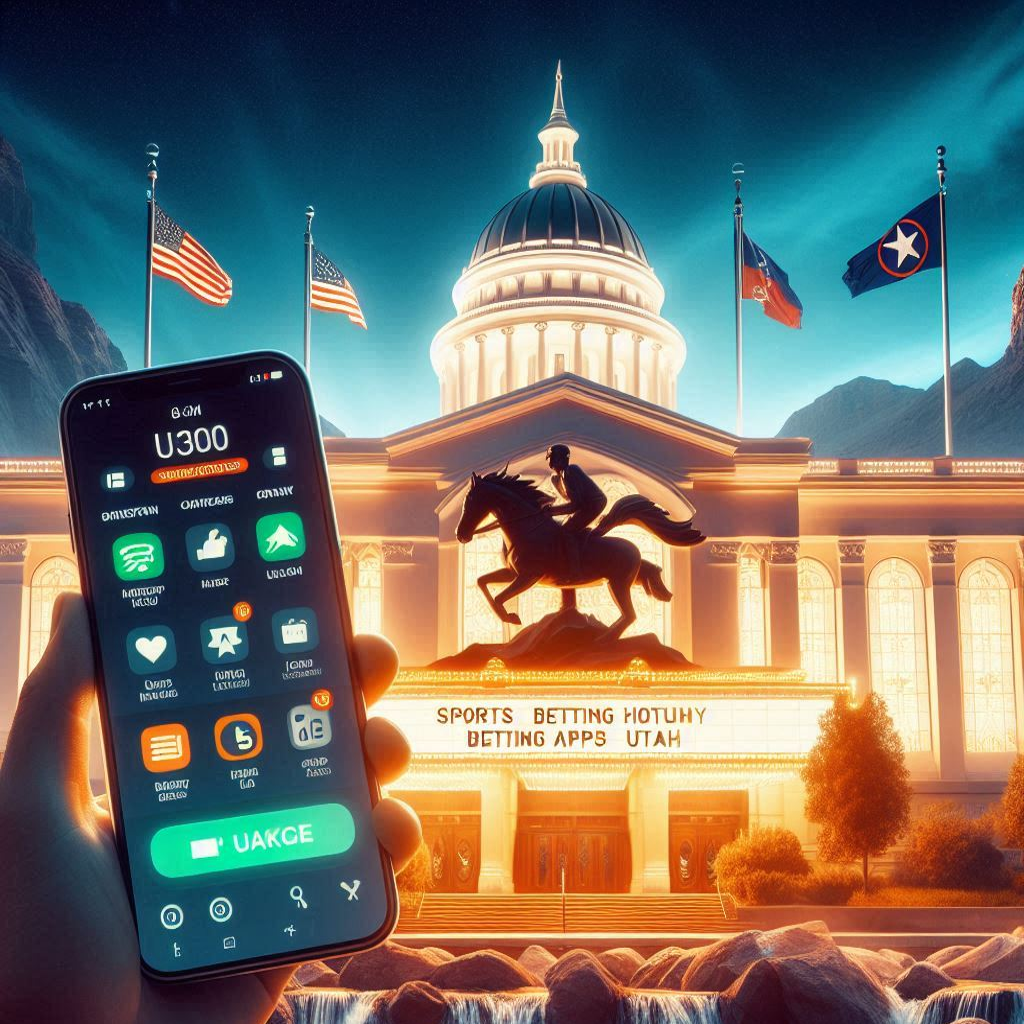Social media is very important for esports players and teams. It helps them connect with fans, share their stories, and build their brand. Branding means how people see and feel about a person or team. In esports, this can help players and teams become famous and successful.
Many players use platforms like Twitter, Instagram, and TikTok to show their gaming skills and personalities. By sharing videos, photos, and updates, they make fans feel closer to them. This is called fan engagement. When fans are engaged, they are more likely to support their favorite players and teams.
Teams also use social media to promote their players and communicate with followers. They post news, behind-the-scenes content, and even livestream events. This creates a stronger team image and helps attract sponsors. Sponsors are companies that pay teams and players to promote their products. Having a strong brand on social media can make it easier to get these sponsors.
In addition, social media allows players and teams to create a community. When fans interact and talk to each other online, it builds a sense of belonging. This community also helps players feel supported, which can improve their performance in games.
In summary, social media is a powerful tool in the world of esports. It helps players and teams build their brand, engage with fans, and create communities. All these things together make esports more fun and exciting for everyone.
Glossary:
Branding: The way people see and feel about a person or team.
Fan Engagement: When fans connect and interact with players or teams.
Sponsors: Companies that pay players or teams to promote their products.
Community: A group of people who share common interests, like gaming.
The Role of Social Media in Esports Player and Team Branding
In recent years, esports has grown into a massive industry, with millions of fans and players around the world. Social media plays a key role in how players and teams build their brand and connect with the audience. This article explores the importance of social media in esports branding, the challenges involved, and possible solutions to these challenges.
What is Branding in Esports?
Branding refers to how a player or team presents itself to the world. This includes their name, logo, social media profiles, and overall image. In esports, branding is crucial because it helps players and teams stand out in a crowded market. A well-defined brand can attract fans, sponsors, and even create merchandise opportunities.
The Importance of Social Media
Social media platforms such as Twitter, Twitch, Instagram, and TikTok have become essential tools for esports players and teams. Here are a few reasons why:
- Audience Engagement: Social media allows players to interact directly with their fans. This connection can foster loyalty and a sense of community.
- Brand Awareness: By posting content frequently, players and teams can enhance their visibility. This includes sharing highlights, behind-the-scenes moments, and personal stories.
- Sponsorship Opportunities: A strong social media presence can attract sponsors. Companies often look for players and teams with high engagement to promote their products.
Challenges Faced in Social Media Branding
While social media offers many opportunities, there are challenges that players and teams need to overcome:
- Negative Comments: The open nature of social media means that players can face criticism, harassment, and negative feedback.
- Content Overload: With so much content being produced, it can be difficult to stand out and get noticed.
- Consistency: Maintaining a consistent brand image across all social media platforms can be challenging.
Real-World Examples
“Social media is a way for us to connect with our fans, and it’s important to share our journey with them. It helps humanize the player experience.”
– Famous Esports Player
Another example comes from a well-known esports team that leveraged their social media to grow their fanbase significantly. They posted engaging content daily and held regular Q&A sessions, fostering a close connection with their followers. Their follower count grew dramatically within a few months.
Strategies for Effective Social Media Branding
To tackle the challenges mentioned above, here are some strategies players and teams can use:
- Engage with Followers: Respond to comments and messages to create a strong connection with fans.
- High-Quality Content: Invest time in creating high-quality visuals and videos that showcase personality and gameplay.
- Monitor Feedback: Pay attention to fan feedback and adjust content accordingly to enhance engagement.
Conclusion
Social media is a powerful tool in the realm of esports for branding players and teams. Through effective engagement and strategic content creation, they can build a strong brand, connect with fans, and attract opportunities. While challenges exist, the right strategies can help overcome them, leading to a more successful presence in the esports community.
What is the role of social media in esports player branding?
Social media serves as a crucial platform for esports players to showcase their skills, personality, and unique style. Through platforms like Twitter, Instagram, and Twitch, players can connect with their audience, share updates, and highlight their achievements, thereby building a personal brand that resonates with fans.
How do teams utilize social media for branding?
Esports teams leverage social media to promote their brand identity, engage with fans, and announce team news or events. By posting content such as team highlights, behind-the-scenes footage, and player interactions, teams can foster a community and enhance their visibility in the competitive gaming landscape.
What platforms are most effective for esports branding?
While various platforms can be effective, Twitch and YouTube are particularly vital for live streaming and video content, allowing players and teams to showcase gameplay and engage with fans in real-time. Meanwhile, Twitter and Instagram are excellent for updates, interactions, and sharing highlights in a visually appealing manner.
How does engagement on social media impact a player’s or team’s success?
Higher engagement on social media can lead to increased visibility, more fans, and potential sponsorship opportunities. Players and teams that actively interact with their audience tend to build loyal followings, which can translate into both financial support and greater recognition in the industry.
Can social media influence sponsorship deals?
Yes, a strong social media presence can significantly influence sponsorship deals. Brands often look for players and teams with large engagement rates and dedicated fan bases, as this suggests a higher return on investment for their marketing efforts. A well-managed social media account can make a player or team more attractive to potential sponsors.
What are some best practices for maintaining a brand on social media?
Consistency is key when it comes to maintaining a brand on social media. Regularly posting content, engaging with followers, and maintaining a unified brand voice helps reinforce identity. Additionally, being authentic and transparent with fans can help in building trust and loyalty.
How do negative incidents on social media affect branding?
Negative incidents, such as inappropriate comments or controversies, can harm a player’s or team’s brand image. It is essential to address such issues swiftly and transparently to mitigate potential damage. Developing a crisis management plan and maintaining a positive online presence can help navigate challenges in social media branding.
What role does content creation play in esports branding?
Content creation is central to esports branding. High-quality content, such as videos, live streams, and creative posts, can engage fans and attract new followers. By presenting entertaining and informative content, players and teams can enhance their brand appeal and foster a strong community.
How can analytics improve social media strategies in esports?
Utilizing analytics helps players and teams understand their audience better, allowing them to tailor content and engagement strategies effectively. Examining metrics like engagement rates, follower growth, and demographic insights provides valuable information for refining social media approaches and enhancing branding efforts.



